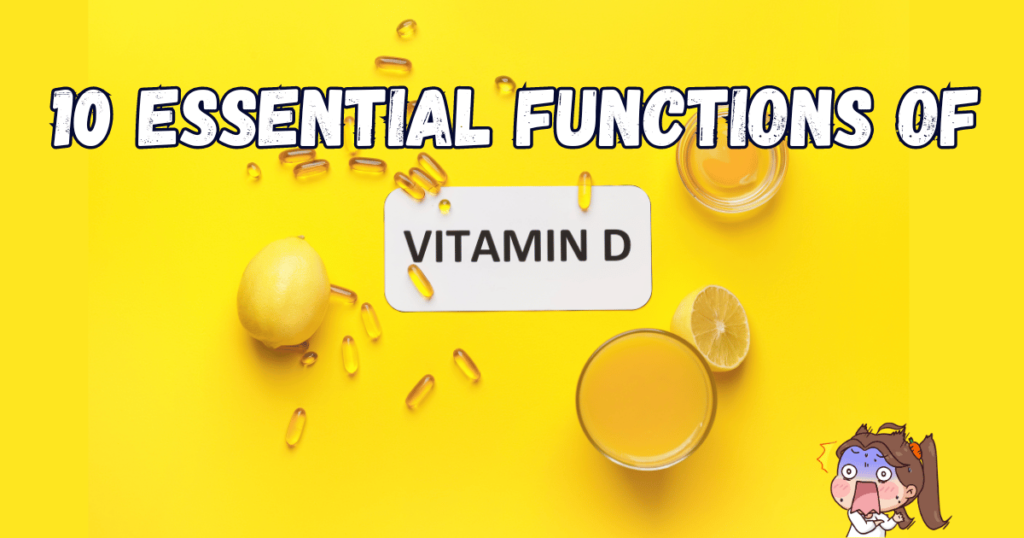Impact of Zinc Supplements on Immune Function and Wound Healing, In the realm of essential minerals, zinc stands out as a powerhouse. Not only is it vital for numerous physiological processes, but it also plays a pivotal role in bolstering our immune system and expediting the wound healing process. As a trace element, zinc’s impact often goes unnoticed, but its significance is undeniable. In this article, we will delve into the fascinating world of zinc supplements, shedding light on their profound influence on immune function and the body’s remarkable ability to mend itself.

The Zinc Symphony
Zinc is an indispensable micronutrient involved in a myriad of bodily functions. It is a crucial component of enzymes, which are biological catalysts that facilitate chemical reactions within the body. These reactions range from DNA synthesis and cell division to immune function and wound healing. Without sufficient zinc, these processes can become compromised.
Zinc and Immune Function
- Zinc is a vital mineral that plays a crucial role in many aspects of human health, including the immune system. Its impact on immune function is multifaceted and significant:
- Immune Cell Function: Zinc is essential for the normal development and function of cells mediating innate immunity, such as neutrophils and natural killer cells. It also affects the development of adaptive immunity by influencing the growth and function of T and B cells.
- Barrier Function: Zinc helps maintain the integrity of the skin and mucosal membranes, which are the body’s first line of defense against pathogens.
- Antioxidant Properties: Zinc has antioxidant properties that help protect cells from damage caused by free radicals, which can be produced in response to infections.
- Wound Healing: Its role in wound healing is also crucial for immune defense, as it helps maintain skin integrity, preventing the entry of pathogens.
- Regulation of Inflammatory Response: Zinc plays a role in modulating the inflammatory response. A deficiency can lead to an excessive inflammatory response, which can be harmful.
- Direct Antimicrobial Action: There is evidence that zinc has direct antimicrobial properties, particularly against some common pathogens like those causing diarrhea.
Zinc Deficiency and Immune Function
Zinc deficiency is known to impair immune function. Even a mild deficiency can affect the ability of T cells to function correctly, leading to dysregulated immune response. People who are at risk of zinc deficiency include the elderly, individuals with certain gastrointestinal diseases, vegetarians (due to lower bioavailability of zinc in plant-based foods), and those with malnutrition.
Dietary Sources of Zinc
Zinc can be found in a variety of foods. Good sources include:
- Meats: Beef, pork, lamb, and chicken are rich in zinc.
- Seafood: Shellfish like oysters, crab, and lobster are particularly high in zinc.
- Nuts and Seeds: Pumpkin seeds, cashews, and almonds contain zinc.
- Legumes: Chickpeas, lentils, and beans also provide zinc, though it’s less bioavailable than in animal products.
- Dairy Products: Cheese and milk are good sources of zinc.
- Whole Grains: Whole grains like wheat, quinoa, and rice have zinc, but they also contain phytates that can bind zinc and inhibit its absorption.
Supplementation
Zinc supplements are available, but it’s important to approach supplementation with caution, as excessive zinc intake can have adverse effects and can interfere with the absorption of other essential minerals like copper. It’s always advisable to seek medical advice before starting any supplement regimen, especially if you’re on medication or have existing health conditions.
Zinc and Wound Healing
- Cell Proliferation and Differentiation: Zinc is essential for cell division and differentiation, which are integral processes in wound healing. It promotes the growth of new cells and helps specialized cells take on their specific functions.
- Collagen Synthesis: Collagen is the primary structural protein in the skin and connective tissues. Zinc is necessary for the synthesis of collagen, which provides the framework for wound closure and tissue regeneration.
- Immune Response in Wound Healing: Zinc helps regulate the inflammatory response during wound healing. It ensures that the immune system reacts appropriately to remove debris and fight potential infections.
- Enhanced Epithelialization: Zinc facilitates the formation of new epithelial tissue, which is crucial for sealing wounds and restoring the protective barrier of the skin.
Conclusion
Zinc supplements offer a potent way to fortify immune function and expedite the wound healing process. However, it’s important to approach supplementation with caution and under the guidance of a healthcare provider, especially for those with pre-existing health conditions or those taking medications. With the right approach, you can harness the remarkable impact of zinc and empower your body’s immune defenses while supporting its natural ability to heal and regenerate. Embracing the influence of zinc is a powerful step towards a healthier, more resilient you.
check this out :Top 10 Worst Breakfast Foods to Avoid in the Morning for a Healthy Start



